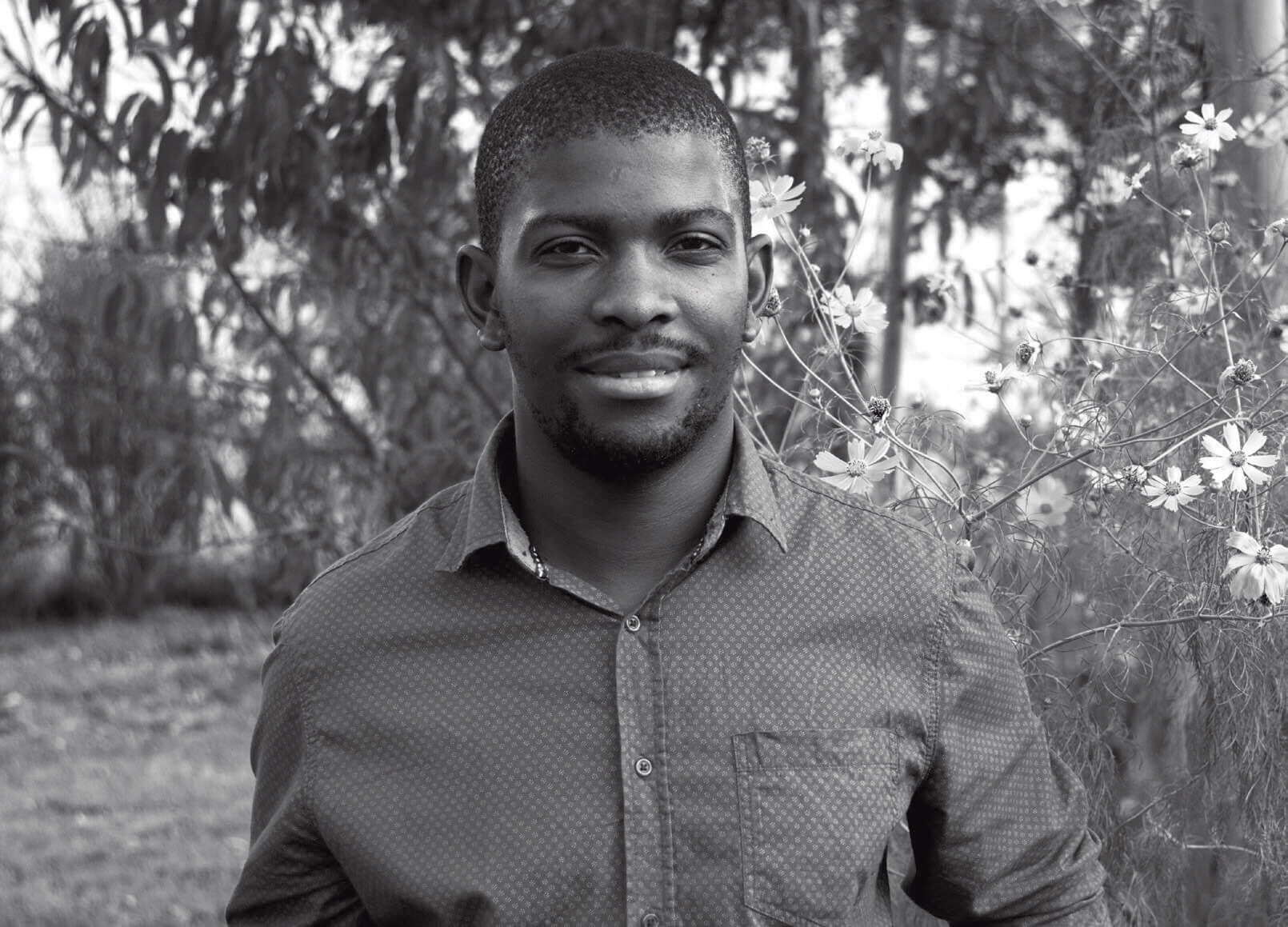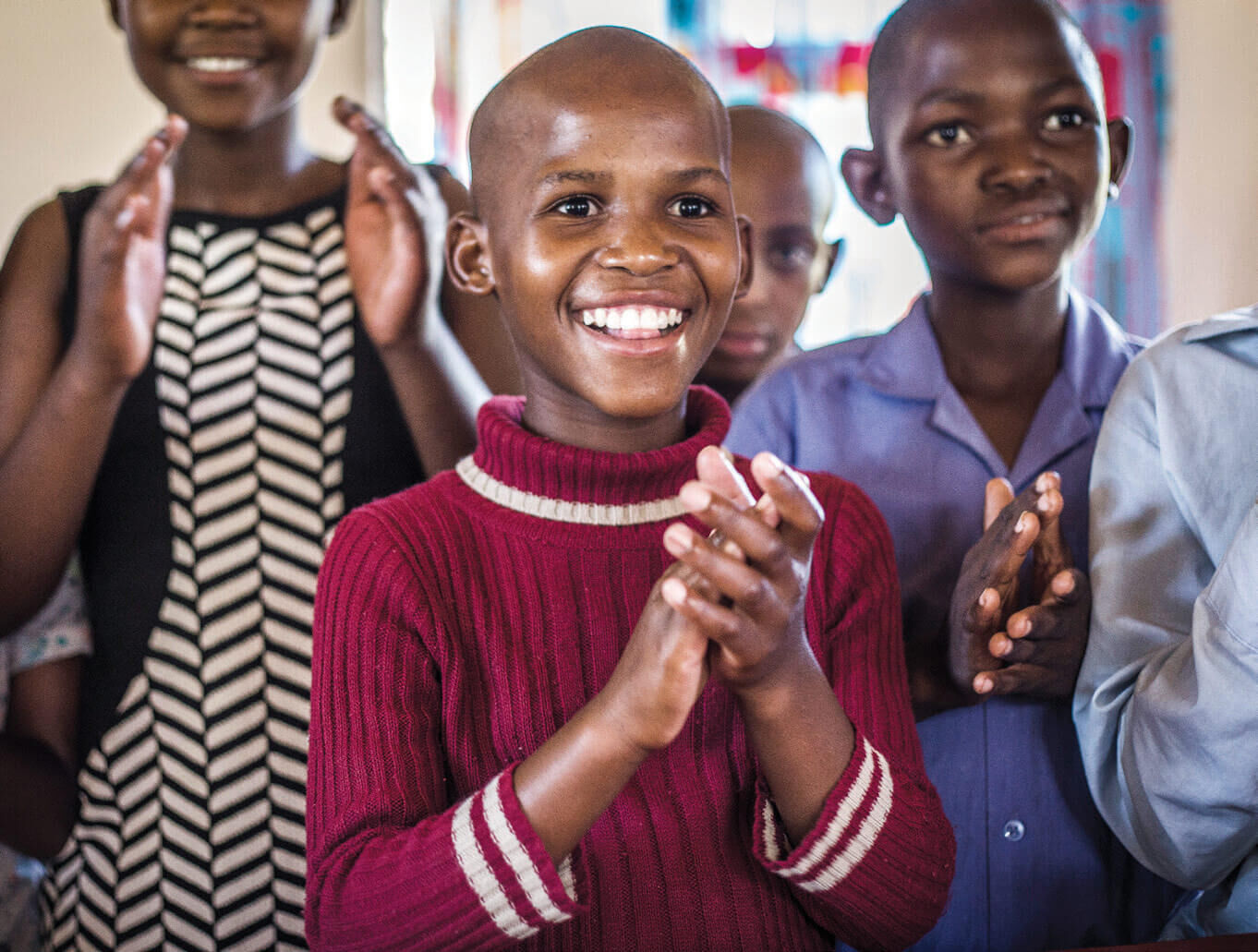FACET基金会 – 改变之源
社区责任
格拉夫领导训练中心坐落于南非莱索托王国小山头上,却拥有宏大的目标,希望通过中心的计划逐步彻底改变整个社区。

格拉夫领导训练中心位于莱索托首都马塞卢北面约1小时车程的地方,总是非常热闹。每天只要站在中心的大门前,便能看到大批孩子、青少年和成年人来来往往,也有老奶奶以头顶着各样货品,还有路过的牧童在赶羊。有人会在下课后来这里玩多米诺骨牌,也有人会整天待在培训室里学习。虽然游乐场很受大家欢迎,但是中心不仅是玩乐的地方。
中心设计了各种量身定制的培训课程,务求改变当地人的生活,甚至整个社区的命运。中心致力培训新世代的领袖,以远见和毅力为莱索托带来改变,并鼓励每一位学员主动求变,惠及他人。尽管中心无法逐一协助全国的两百万人,但却可以为几千位年轻人提供所需的知识和技巧,让他们帮助自己的国家摆脱贫穷、疾病和孤立无缓的困局。
负责为劳伦斯‧格拉夫创立的FACET基金会(For Africa’s Children Every Time)运营中心的Help Lesotho,以独特的方法应对南非发展工作带来的挑战。中心的培训课程除了传授新技巧,还会指导学员以新的方式培养适应能力和自我管理能力。
莱索托的艾滋病感染率高踞全球第三位,因此每位学员也会学习如何处理这种无法避免的威胁。同时,中心指导女孩和年轻妇女学习自强,开创自己的未来,跨越性别不平等的障碍,获得与男孩和年轻男士一起工作的机会。
T’sepo是报读中心课程的一位年轻人,他的故事正是中心最佳的成功例子,也证明了个人的改变能影响许多人的人生。在中心提供的22个课程里,T’sepo报读的领导训练课程是要求最严谨的,每年只举办一次,65位年轻学员要完成为期两个月的紧密课程,他们已准备好改变自己的社区、希望找到稳定的工作养家,也致力建立更美好的国家。
“虽然莱索托的工作机会不多,却有很多人需要帮助。”

自从开办课程以来,毕业生先后成为了药剂师、公务员、教师、护士和警察。学员一般必须完成大学课程,但由于T’sepo的家人无法负担学费,所以他连高中也未能完成。不过,中心的管理人员看到T’sepo决心开展充实的人生,要成为有贡献的人,于是特别为他破例一次。
T’sepo回想起培训时表示:“我学到最重要的一课就是明白每一个决定都有正面或负面的影响,因此我必须作出正确的决定。”每逢周一的早上,学员也会分享周末发生的趣事,而T’sepo发现自己的分享内容慢慢改变,有一天,他不再吹嘘周末喝酒的事,而是有些羞怯地表示自己成为一个南非青年大会的志愿者,可以在活动上认识其他同样渴望成为领袖的青年。现在转眼已一年,他说︰“志愿工作为我提供了重要的途径。我参加过几个大会,认识了志同道合的朋友,我们明白如果要改写未来,青少年便必须尽力遏止艾滋病蔓延。我也鼓励身边的人参与志愿工作,虽然莱索托的工作机会不多,却有很多人需要帮助。”
课程里有关男女平等的部份对T’sepo的影响尤其深远。当地86%的女性曾受到与性别有关的暴力对待,例如强暴和虐待,而受害女性染上艾滋病的机会比平常高三倍,使T’sepo大感震惊。可是,大多数莱索托人民也漠视性别暴力的问题,而T’sepo报读格拉夫领导训练中心的课程前,也没想过自己有责任保护女性。现在,他明白如果受害女性人数持续增加,便无法阻止艾滋病蔓延,所以他有责任改变现状。
T’sepo分享了一个一直困扰他的亲身经历,是关于莱索托相当普遍的童婚问题。他在高中时喜欢上一位叫Mpho的女孩,当Mpho的姐姐怀孕时,父母不但坚持要姐姐与孩子的父亲结婚,更强迫Mpho出嫁,以免再次发生令家族蒙羞的事情,最后Mpho嫁给了一位能支付可观“礼金”、为人粗暴的年长男人。当时T’sepo无能为力,只能一直为失去爱人而痛心。“这件事在我到中心学习之前发生,那时我还未知道什么是女性权利。女生应该了解自己的权利,明白自己有权决定婚嫁的安排。”
他希望自己当时能保护Mpho,如果现在他再遇到相似的情况,他不会再感到无助,而是会伸出援手。培训课程不但赋予他知识,也使他有信心做正确的事,为自己和别人开创更美好的未来。
Words by Kate Lambert.
Kate Lambert是格拉夫资助的莱索托慈善组织Help Lesotho的项目经理。格拉夫领导训练中心位于莱索托的小镇莱里贝,服务邻近社区和学校数以千计的儿童、青少年、长者和村民,提供社区、医疗、教育和培训等多元化服务。
如欲了解详情,请浏览 facet-foundation.org


